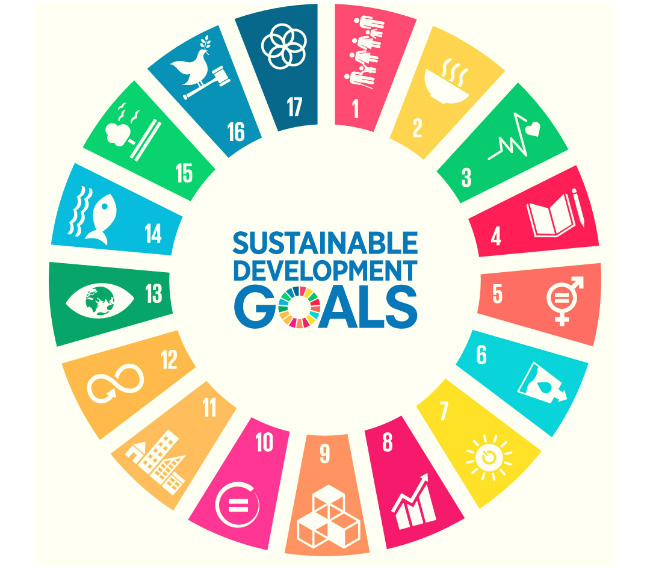Introduction
Digital sustainability is an increasingly important concept in today's rapidly changing world, as it seeks to harness the power of digital technology to promote sustainability and improve the well-being of individuals, industries, and society as a whole. With the exponential growth of digital technology in recent years, there is an urgent need to address the environmental and social impact of these technologies and ensure that they are being used in a sustainable and responsible manner. By leveraging digital technologies and innovative approaches, we can advance sustainability in many areas such as renewable energy, transportation, healthcare, education, and beyond. Digital sustainability involves collaboration across various sectors to find solutions that are economically, socially, and environmentally sustainable. By promoting the responsible use of digital technologies, we can create a more sustainable future that benefits all of humanity.


DigiSus for UN SDGs
The United Nations Sustainable Development Goals (SDGs) are a universal call to action to end poverty, protect the planet, and ensure that all people enjoy peace and prosperity by 2030. Achieving these goals requires a significant acceleration of efforts in many areas, and digital transformation can play a crucial role in driving progress. Digital technologies, such as artificial intelligence, blockchain, and the Internet of Things, can be used to collect and analyze data to identify trends and patterns, monitor progress, and optimize resource allocation. They can also help to streamline processes, reduce waste, and increase efficiency, all of which are critical for achieving the SDGs.
Furthermore, digital technologies can provide access to education, healthcare, and financial services for those who have traditionally been excluded, enabling more equitable and inclusive development. In summary, digital transformation is key to accelerating our progress towards the SDGs by leveraging data, increasing efficiency, and promoting inclusion.


